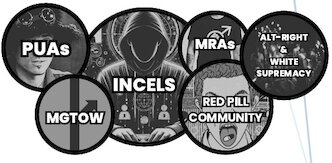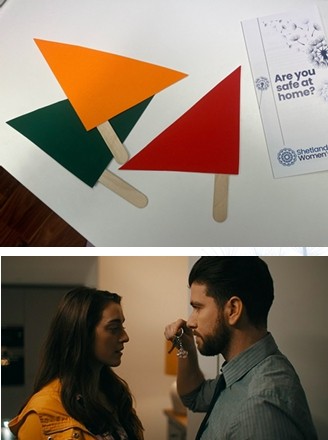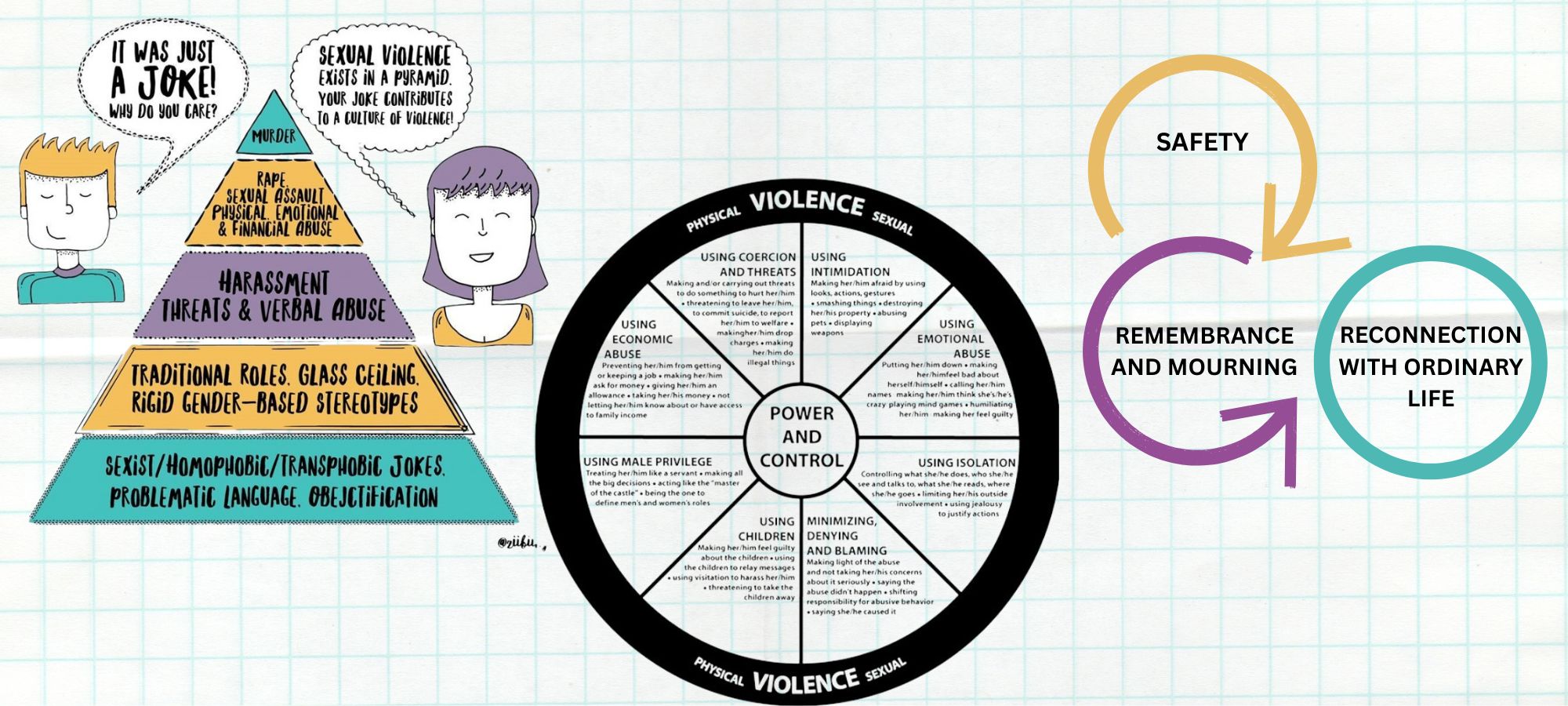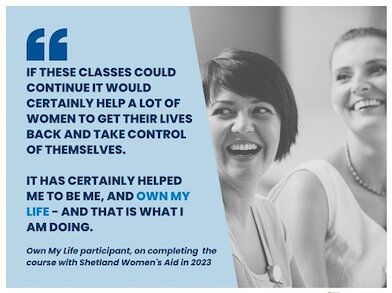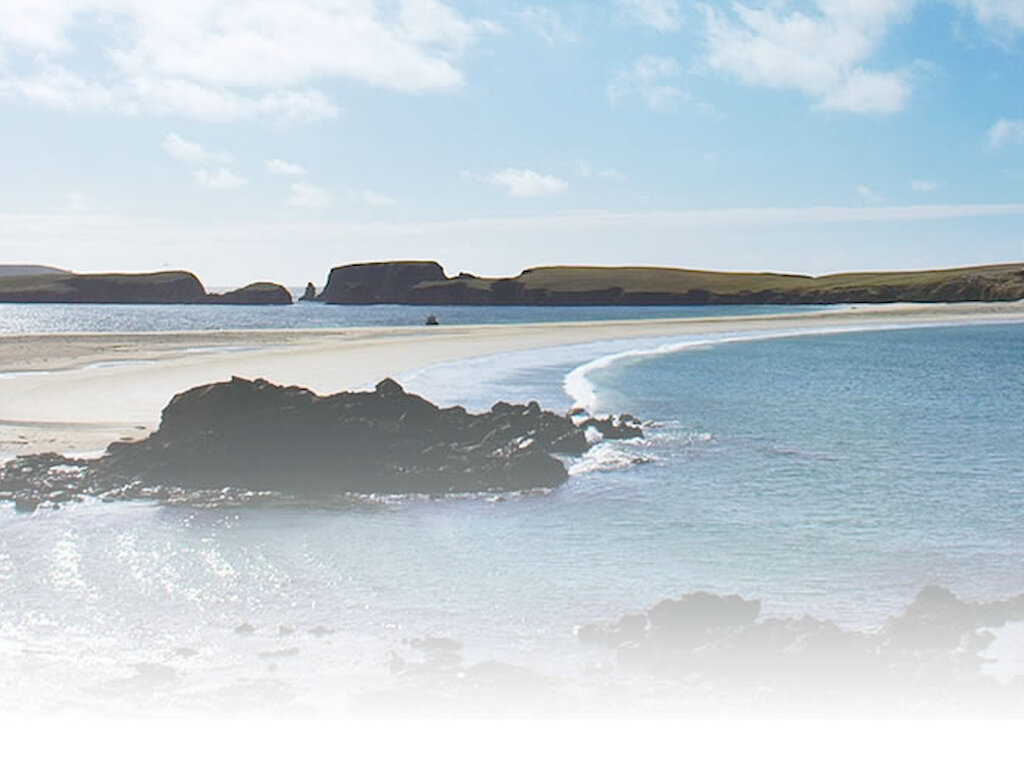Physical Abuse includes:
All types of assault and physical attacks like hitting (including with objects), punching, kicking and burning, strangling or choking, sleep deprevation and exhaustion, tampering with medication and controlling food intake.
Sexual Abuse includes:
Rape or sexual assault, forcing you to have sexual intercourse or forcing you to engage in sexual acts without your consent. stealthing, forced kissing, touching or penetration, intimate image abuse and forcing you into commercial sexual exploitation.
Psychological and Emotional Abuse includes:
Threats (including threats of violence); criticism and name calling; controlling what you do, where you go and who you speak to (coercive control); threatening your children, isolating you from friends and family; accusing you of being unfaithful; threatening to 'out' your sexual orientation to family, friends or work or to reveal your HIV/AIDS status.
Financial and Economic Abuse includes:
Controlling the household income and keeping financial information from you, taking out debts in your name with our without your knowledge, prohibiting you from carrying out any paid work or taking part in education or training.
Sexual harrassment and Stalking includes:
Cyber stalking, using antisocial behaviour, sending abusive test messages and gifts, phonecalls, letters and emails, regularly following, watching or spying on you, repeatedly turning up at your home, checking your internet use, email or other electronic communication.
Digital and online Abuse includes:
Monitoring your social media, accessing your phone, email and social media accounts, accessing your online banking, prohibiting access to technology, such as a phone, or internet access, sharing intimate photos of you online. If you have experienced this type of abuse, the Revenge Porn Helpline can support you.
Honour based abuse includes:
Forced marriage or abortions, domestic and sexual violence including murder, strict monotiring over your use of phone, internet or finances, isolation from friends and family, (FGM) Female Genital Mutilation. Shakti Women's Aid can help black minotiry, ethnic (BME) women, children and young people who are experiencing or have experieced domestic abuse..



